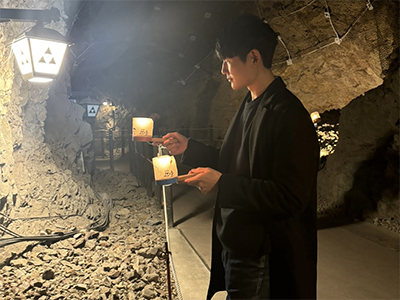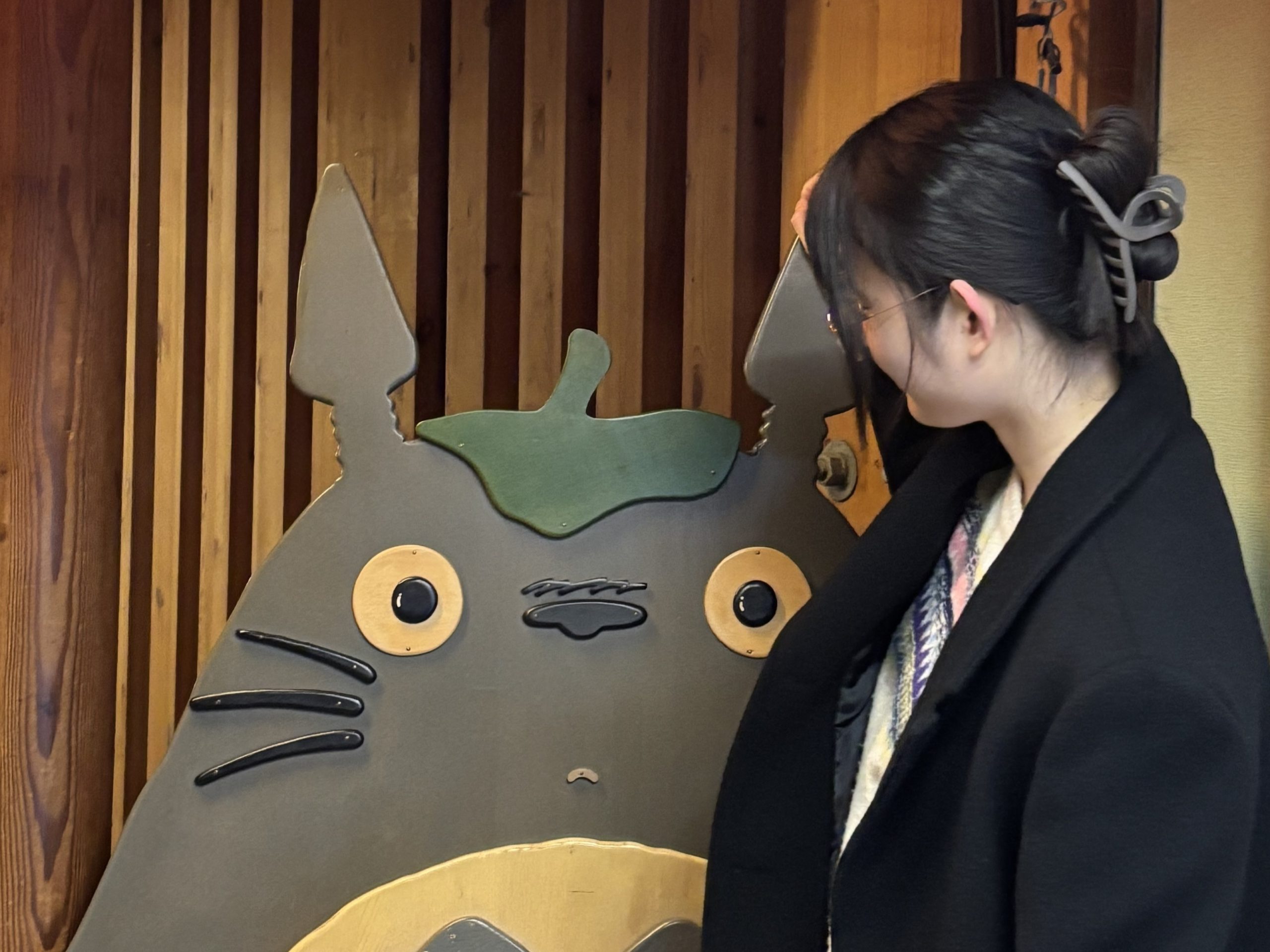Internship
- Nelson Mandela-
Our lab internship is an immersive experience designed for those passionate about pioneering in a specific field of study, our case, somatic mosaicism and lineage tracing in human. Research is fundamentally about discovering the new and unveiling the unknown. However, to truly identify whether a discovery is novel, one must thoroughly understand what has already been discovered and the current research context in which they operate.
This understanding is crucial from the outset of any research endeavor. It involves a deep dive into the major contexts and seminal papers of the field, gaining a clear picture of its evolution and current state. Knowing in this context goes beyond mere familiarity; it demands a comprehensive grasp of the implications and limitations of existing studies, the nature of their discoveries, and the methodologies employed to validate their hypotheses.
Therefore, our lab internship focuses on equipping interns with the tools and knowledge necessary to navigate this complex landscape. Interns will engage in several lab introductory studies, hands-on projects, guided by experienced mentors, to learn how to critically assess literature and apply theoretical concepts to real-world challenges. By the end of their internship, interns will not only contribute to advancing their understanding in our field but also gain invaluable skills and insights that will serve them throughout their academic and professional careers.
In addition to deepening their understanding of their chosen field, interns in our lab will also learn the vital skills of professional communication and project evolution. Effective communication is crucial in the world of research, not only for sharing findings and ideas but also for collaborating with peers and mentors. Our internship program emphasizes the development of these communication skills, enabling interns to articulate complex concepts clearly and effectively, whether in writing or during presentations.
Moreover, interns will gain firsthand experience in observing and contributing to the lifecycle of a research project. From its inception through to its conclusion, every project evolves through stages of development, refinement, and sometimes, redirection. Interns will learn how to adapt to these changes, make critical decisions, and implement adjustments in response to new findings and feedback. This aspect of the internship is designed to prepare interns for the dynamic nature of research, equipping them with the flexibility and resilience needed to navigate the challenges and opportunities that arise in the pursuit of innovation.
Suyeon Yoo

Undergraduate
Department of Stem Cell and Regenerative Biotechnology, Konkuk University
Lagom — not too much, not too little, just right.- Swedish proverb
Min Ah Lee

Undergraduate
Department of Systems Biology, College of Life Science and Biotechnology, Yonsei University
Happiness depends upon ourselves.- Aristotle
Park Jiwon

Pharmacy undergraduate
Yeungnam University College of Pharmacy
I have no special talents. I am only passionately curious.- Albert Einstein
Hyeonwoo Lee

Undergraduate
Department of Life Science in Dongguk University
"And then one fine morning — So we beat on, boats against the current, borne back ceaselessly into the past."- “The Great Gatsby”, F. Scott Fitzgerald
Sunhee Kim

Undergraduate
Department of Bio-Convergence in Underwood International CollegeYonsei University
Carpe diem.- Dead poets Society
Hanah Song

Undergraduate
Department of Health and Environmental Science in Korea University
Dream big. Start small. Act now.- Robin Sharma
Injun Choi

Medical Student
Kyungpook National University School of Medicine
G1's lab Internship : 2025.02.03 ~
Amor fati- Friedrich Nietzsche
Sungkyung Koo

Medical Student
Yonsei University College of Medicine
Is there a better description of a cube than that of its construction?- The Brutalist, 2024
Heockjoon Lee

Medical Student
Yonsei University College of Medicine
Just do it!- Nike
Kwanhyeong Lee

Medical Student
Soonchunhyang University College of Medicine
TAIL Ventures: 2024.03 ~ 2024.06
Biomedical Mathematics Group, Institute for Basic Science: 2023.08 ~ 2024.06
Nephrology Lab, Soonchunhyang University: 2023.08 ~ 2024.06
Where is there dignity unless there is honesty?- Marcus Tullius Cicero
Chengzhi Li

Medical Student
Yonsei University College of Medicine
Medical College of Yanbian University B.M. : 2013.09 ~ 2018.06
Medical College of Yanbian University M.M. : 2021.09 ~ 2024.06
Do the simple things well- Jim Collins
Yujin Heo

Undergraduate
Department of Life Science, Hanyang University
Energy and persistence conquer all things.- Benjamin Franklin
